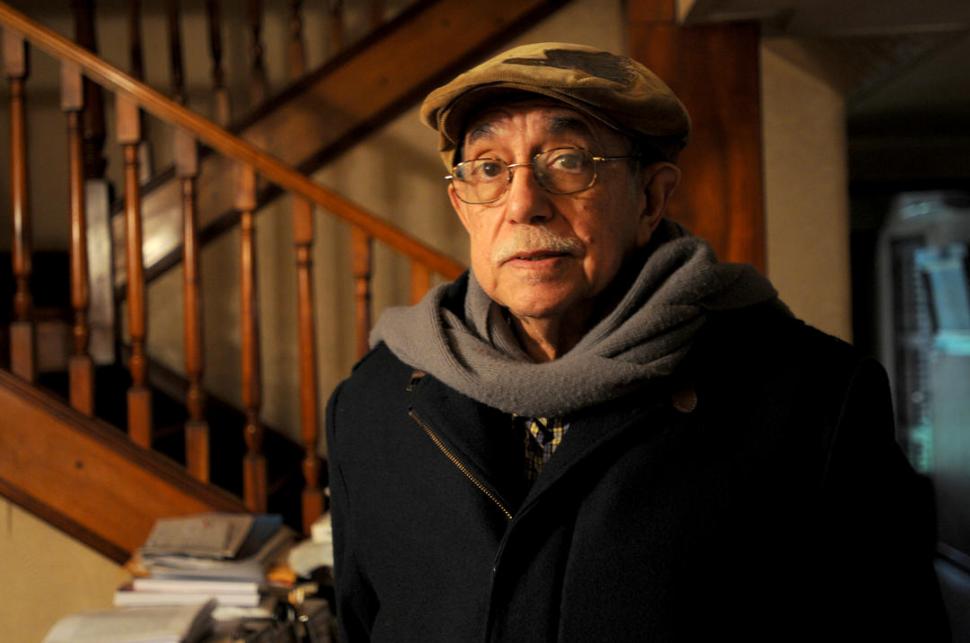Here's a Chicago Tribune column on the shabby way we treat organ donors, who assume nontrivial expenses to save someone's life. (Update: a flurry of emails inform me that the insurance situation described for the donor in this article doesn't represent the general conditions of either Medicare or much private insurance.)
Why price heroism? Organ donors can save taxpayers millions. They deserve a break.
by Paul Basken, Arthur Caplan
"
The big medical bills began arriving right after Brittany's beautiful kidney was tucked inside her recipient. Fortunately that recipient has pretty good insurance through his employer, and the out-of-pocket hospital and drug costs were pretty manageable.
The biggest expense, as it turns out, concerns the government. By law, Brittany cannot be paid a dime of compensation for the gift of her kidney. But markets in organs aside, shouldn't heroes be reimbursed for legitimate expenses? These amounted to maybe a few thousand dollars for trips by her and her husband to testing appointments around their home in North Carolina, and to the Baltimore hospital where she underwent additional tests and the transplant surgery.
Even more costly is Medicare. Although some kidney donors don't need any added coverage, some sign up for the government-run health plan — at $3,000 a year — because it is the only way to guarantee coverage in case they have complications related to the donation surgery. Brittany had her own private coverage through her job as a high-school counselor. But having submitted to a "voluntary" medical procedure, she could not expect private insurance to foot the bill in the rare event of a complication.
So the bottom line is that Brittany saved taxpayers hundreds of thousands of dollars a year, and in return the government's "thank you" note is a Medicare bill of $3,000 a year.
Even worse, Medicare only allows that coverage for 36 months, meaning that a hero like Brittany is on her own if she experiences some problem related to her donation after three years. It's a massive disincentive for any well-meaning person who wants to save a life and help cut government spending.
Our government's current ban on any kind of payments, other than the reimbursement of immediately obvious costs such as Brittany's airfare to Baltimore, simply goes too far. Heroes should not have to go broke as the price of their generosity."











